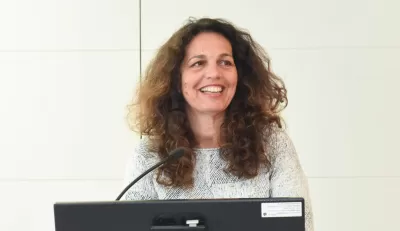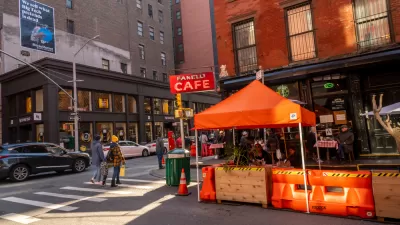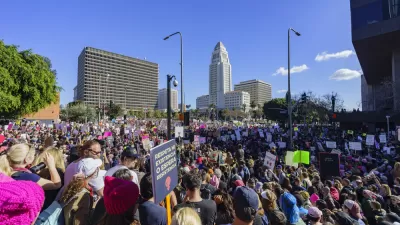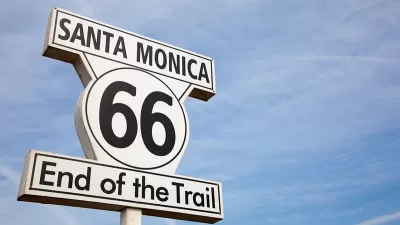Tel Aviv Foundation’s CEO says city leaders need to listen and be patient to learn from the current crisis. Also, large events, festivals, tourists, and crowds won’t be back for some time, but that could be a good thing

The Tel Aviv Foundation, a non-profit organization under the umbrella of Tel Aviv’s municipality, is promoting Tel Aviv technology and forming partnerships with other cities around the world.
As a popular destination for international tourism, Tel Aviv, as many other Mediterranean cities, is facing a significant challenge to its economy.
Nowadays, because of the COVID-19 pandemic, the foundation has put all its efforts into helping the city, the mayor, and the community to minimize the effects of the current crisis.
Samples from an interview with Dr. Hila Oren, CEO of the Tel Aviv Foundation, follow. More is available at the source article.
- "We need not have meetings, we can have a short 30 minute meeting on zoom. We don’t need two hours meetings around a table. We need not go so much out of our houses and build more roads. Look, the roads are clean now. Not everything is good, but some of it has improved."
- "If we go back to 100% the way we were before, then we miss the whole lesson that we need to learn from this. The COVID-19 came to us to give us a lesson. And we have to listen to it. And I’m saying that now, being quiet, we can listen."
- "I’m not so sure if next year we will build as many schools, or as many kindergartens, or as many community centers as we built before, maybe we will understand better, and we can use them in a multifunctional system. And, things that are much more needed are open public spaces. I think those will be in demand and we must have more."
FULL STORY: This crisis will reshape the way we understand city living

Alabama: Trump Terminates Settlements for Black Communities Harmed By Raw Sewage
Trump deemed the landmark civil rights agreement “illegal DEI and environmental justice policy.”

Planetizen Federal Action Tracker
A weekly monitor of how Trump’s orders and actions are impacting planners and planning in America.

The 120 Year Old Tiny Home Villages That Sheltered San Francisco’s Earthquake Refugees
More than a century ago, San Francisco mobilized to house thousands of residents displaced by the 1906 earthquake. Could their strategy offer a model for the present?

In Both Crashes and Crime, Public Transportation is Far Safer than Driving
Contrary to popular assumptions, public transportation has far lower crash and crime rates than automobile travel. For safer communities, improve and encourage transit travel.

Report: Zoning Reforms Should Complement Nashville’s Ambitious Transit Plan
Without reform, restrictive zoning codes will limit the impact of the city’s planned transit expansion and could exclude some of the residents who depend on transit the most.

Judge Orders Release of Frozen IRA, IIJA Funding
The decision is a victory for environmental groups who charged that freezing funds for critical infrastructure and disaster response programs caused “real and irreparable harm” to communities.
Urban Design for Planners 1: Software Tools
This six-course series explores essential urban design concepts using open source software and equips planners with the tools they need to participate fully in the urban design process.
Planning for Universal Design
Learn the tools for implementing Universal Design in planning regulations.
Clanton & Associates, Inc.
Jessamine County Fiscal Court
Institute for Housing and Urban Development Studies (IHS)
City of Grandview
Harvard GSD Executive Education
Toledo-Lucas County Plan Commissions
Salt Lake City
NYU Wagner Graduate School of Public Service





























